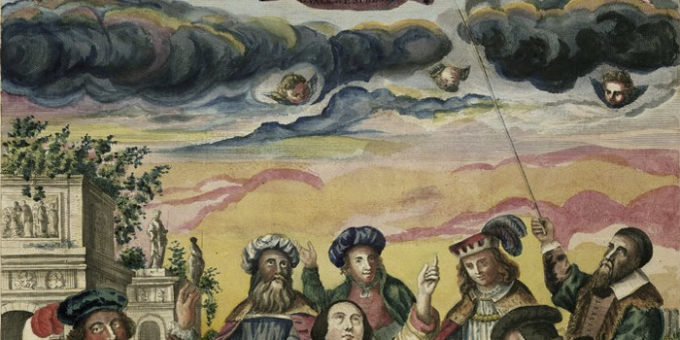
It is not surprising that there is a long and ancient history, as well as numerous superstitions, behind the new moon. After all, Barbara G. Walker wrote in The Woman’s Encyclopedia of Myths and Secrets:
“In worship of the heavenly bodies, primacy was always assigned to the moon. Babylonians gave the moon precedence over the sun. Oriental nations in general worshipped the moon before the sun.”
And while many of us are aware of the powers and superstitions surrounding the full moon, most of us know little about the new moon’s forces.
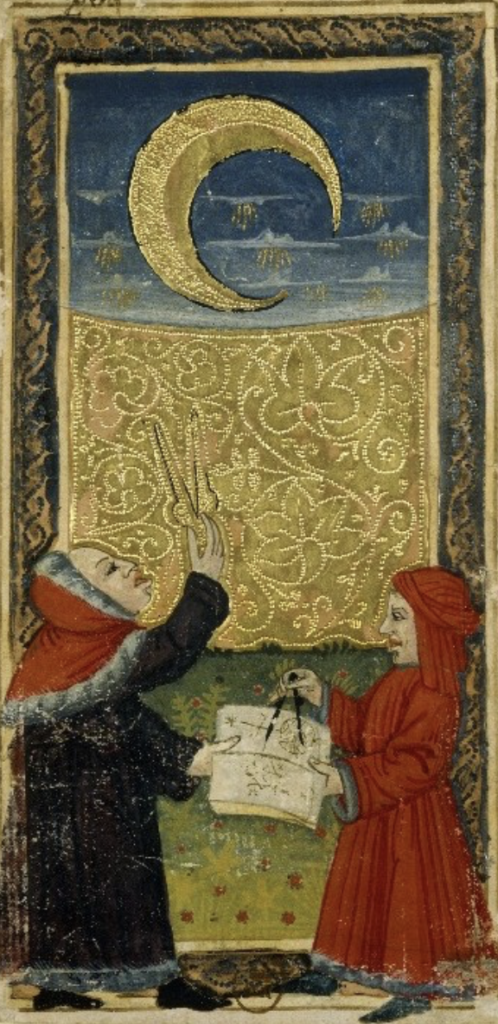
Wishes and the New Moon
According to superstitious lore, wishes made on a new moon are sure to come true.
One version of this superstition says that for the new moon wish to come true, do not look at the moon again until it is new again.
Yet another variation of this says that you need to turn a coin over in your pocket as you wish on the new moon.
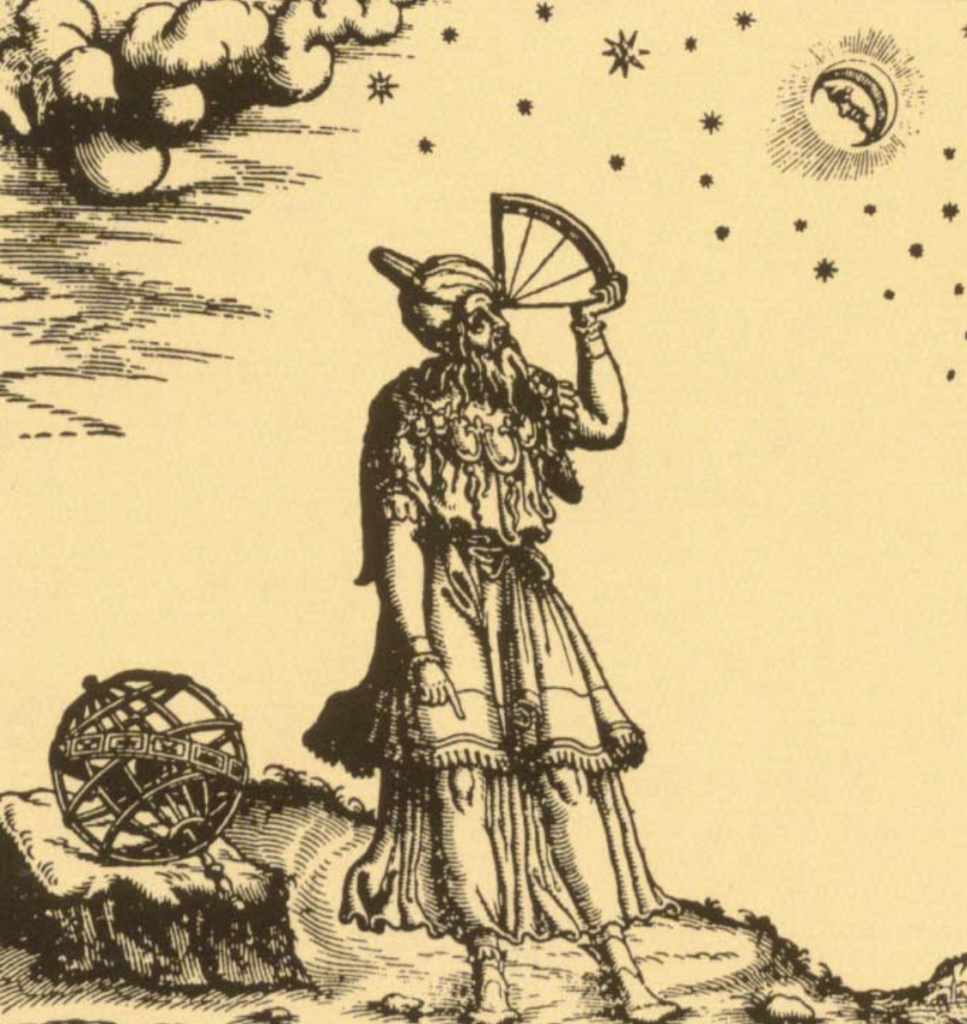
New Moon Dreams and Husbands
The new moon has long been associated with new beginnings since ancient times. After all, it is the start of the lunar cycle.
On seeing the new moon, say the following to find your fortune:
“New moon, true moon,
Star in the stream,
Pray tell my fortune in a dream.”
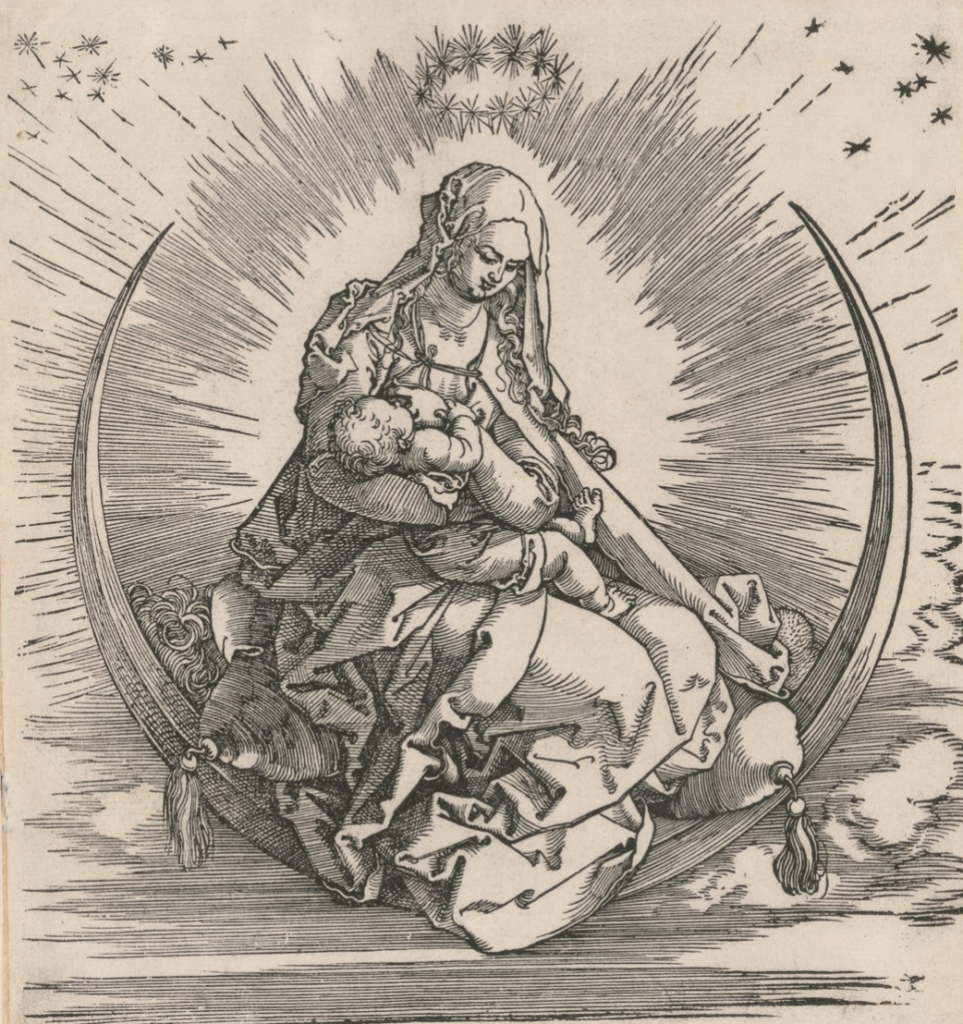
To discover who their husband would be, Yorkshire maidens would stand under the new moon and say:
“All hail to thee moon, all hail to thee,
I prythee, good moon, reveal to me,
This night who my husband shall be.”
The maiden would then dream of her future husband that night.
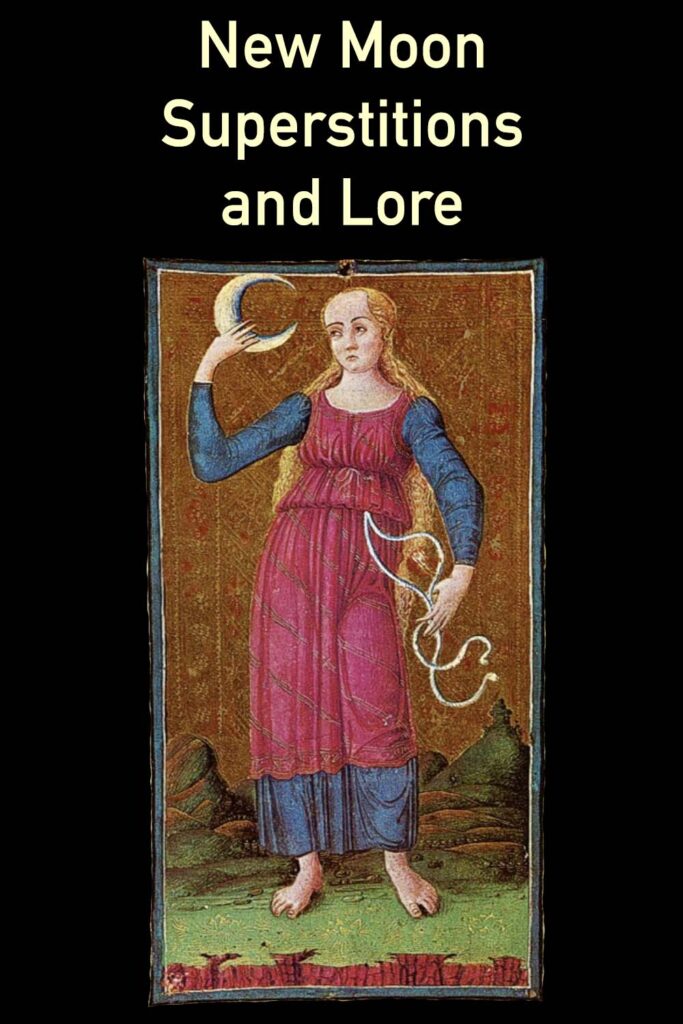
Good Luck and Bad Luck During the New Moon
Our ancestors believed that there were good ways to see the new moon and bad ways. For example, one must avoid seeing the new moon through a window. Seeing the new moon through a window or any type of glass brings bad luck.
Furthermore, accidentally seeing the new moon over your left shoulder means you will have good luck for one lunar month. But if you sneeze while looking at the new moon, you will have bad luck.
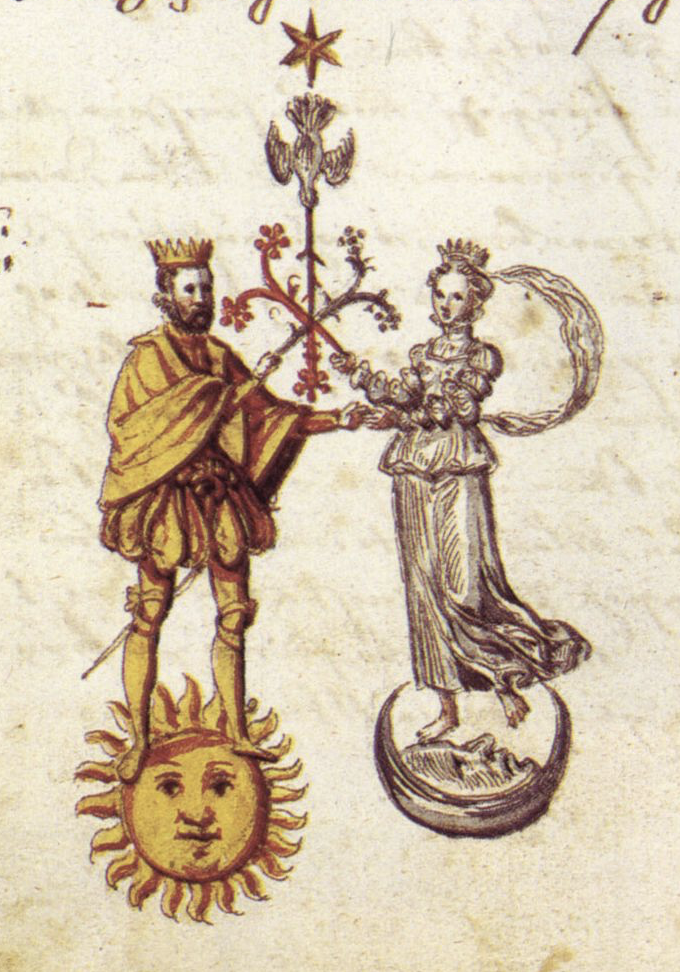
Goddess of the New Moon
In ancient Athens, people would set out a plate of food on each new moon to gift the goddess Hecate. While Hecate is more often associated with the waning of the moon or dark moon, it was believed that she would protect the doors to their homes when given the food offering at the end of her cycle.
There is evidence that Hecate was originally portrayed as a maiden carrying two torches, but in today’s neo-Paganism, Artemis is the goddess of the new moon. She is the maiden and huntress. She is the sacred virgin (meaning unmarried) and a symbol of youthful freedom.
In The Penguin Dictionary of Symbols (Jean Chevalier and Alain Gheerbrant, translated by John Buchanan-Brown), we find:
“Classical antiquity identified Artemis (Diana) with the Moon and often depicted this goddess… either holding a crescent Moon or wearing of in her hair. Lucina… presided at childbirth. She, too, wore a crescent Moon in her hair.”

